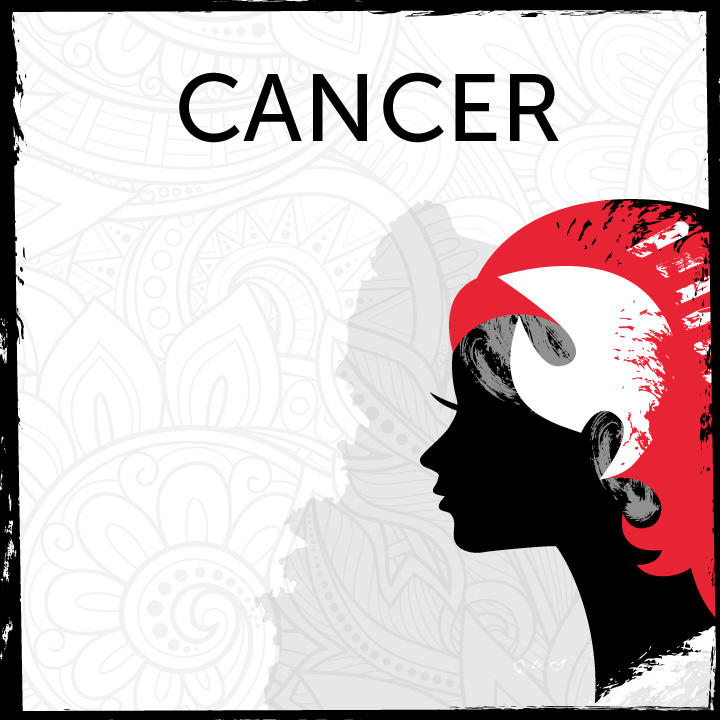“Today is enough.”
“Cancer is just a chapter in our lives and not the whole story.”
Cancer is a group of diseases that can occur in any part of the body, and it is characterized by the uncontrolled growth and spread of abnormal cells. There are many different types of cancer, and each one has its unique set of symptoms, causes, and treatments. While cancer can be a challenging and frightening diagnosis, there is hope. With early detection and treatment, many people can overcome cancer and live long, healthy lives.
Causes of Cancer: Cancer can be caused by a variety of factors, including genetic mutations, lifestyle factors, and environmental factors. Some common causes of cancer include:Genetic mutations: Some people are born with genetic mutations that increase their risk of developing cancer. These mutations can be inherited from their parents or can occur spontaneously.
Lifestyle factors: Certain lifestyle factors, such as smoking, a poor diet, and lack of physical activity, can increase the risk of developing cancer.
Environmental factors: Exposure to certain environmental factors, such as pollution, radiation, and certain chemicals, can increase the risk of developing cancer.
Symptoms of Cancer:
The symptoms of cancer can vary depending on the type of cancer and its location in the body. Some common symptoms of cancer include:
Fatigue
Unexplained weight loss
Pain or discomfort
Changes in bowel or bladder habits
Skin changes, such as jaundice or redness
Unusual bleeding or discharge
If you experience any of these symptoms, it is essential to see a doctor as soon as possible. While these symptoms may be caused by something less severe than cancer, early detection is essential in treating cancer.
Treatment of Cancer:
The treatment of cancer depends on the type and stage of cancer, as well as the individual's overall health. Some common treatments for cancer include:
Surgery: Surgery is often the first treatment option for cancer. It involves removing the cancerous tissue from the body.
Chemotherapy: Chemotherapy involves using drugs to kill cancer cells. These drugs can be given orally or intravenously.
Radiation therapy: Radiation therapy uses high-energy radiation to kill cancer cells. This can be done externally or internally.
Immunotherapy: Immunotherapy involves using the body's immune system to fight cancer. This treatment can help boost the immune system to help fight cancer cells.
Prevention of Cancer:
While there is no guaranteed way to prevent cancer, there are several steps individuals can take to reduce their risk of developing cancer. Some of these steps include:
Eating a healthy diet: Eating a diet rich in fruits, vegetables, whole grains, and lean proteins can help reduce the risk of developing cancer.
Maintaining a healthy weight: Being overweight or obese can increase the risk of developing several types of cancer.
Getting regular exercise: Regular exercise can help reduce the risk of developing cancer.
Avoiding tobacco: Tobacco use is a significant cause of several types of cancer, including lung, bladder, and throat cancer.
Limiting alcohol consumption: Excessive alcohol consumption can increase the risk of developing several types of cancer.
Conclusion:
Cancer is a challenging diagnosis, but with early detection and treatment, many people can overcome this disease. While there is no guaranteed way to prevent cancer, taking steps to live a healthy lifestyle, including maintaining a healthy weight, regular exercise, and avoiding tobacco and excessive alcohol consumption, can help reduce the risk of developing cancer. If you experience any symptoms of cancer, it is essential to see a doctor as soon as possible."








Comments
Post a Comment